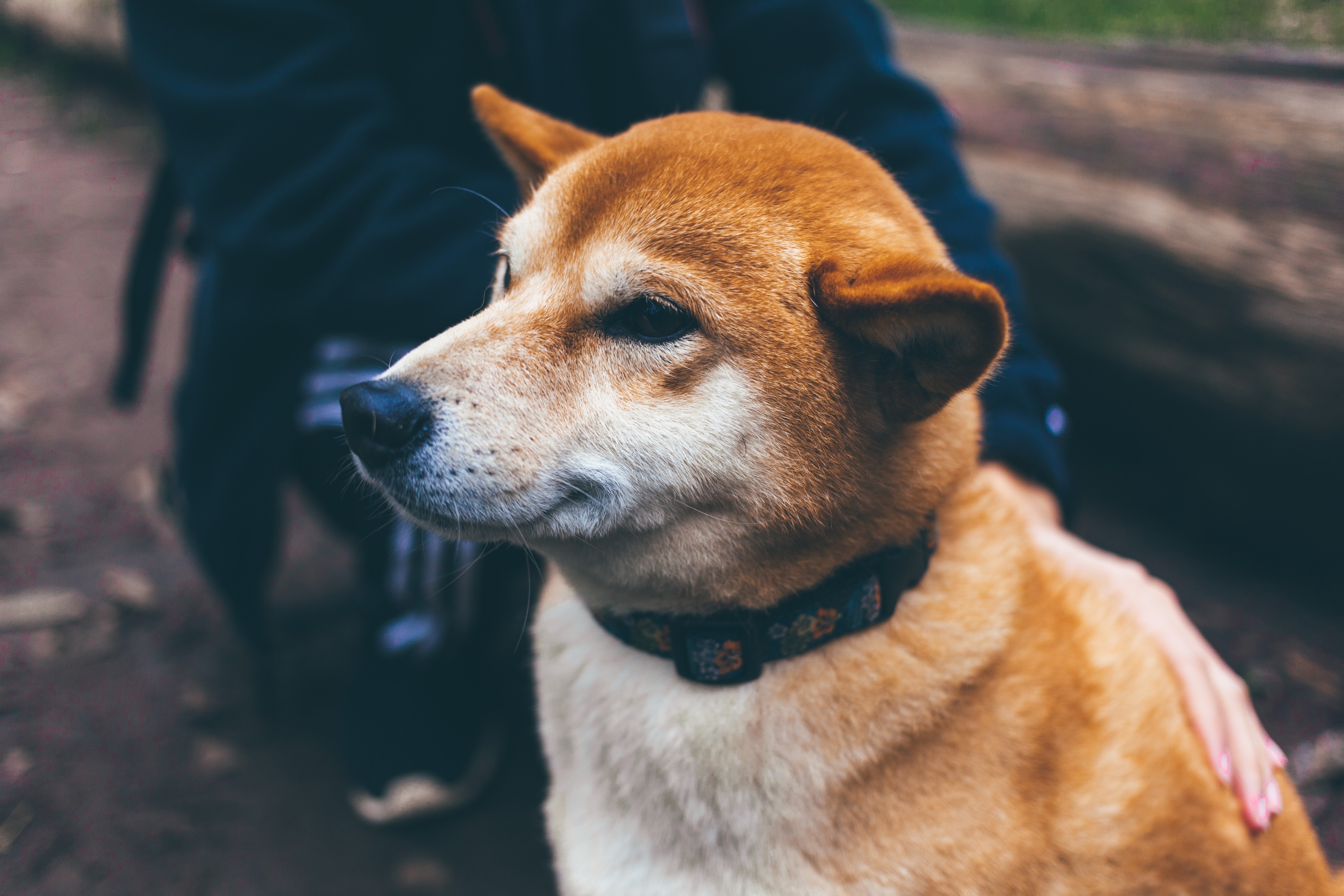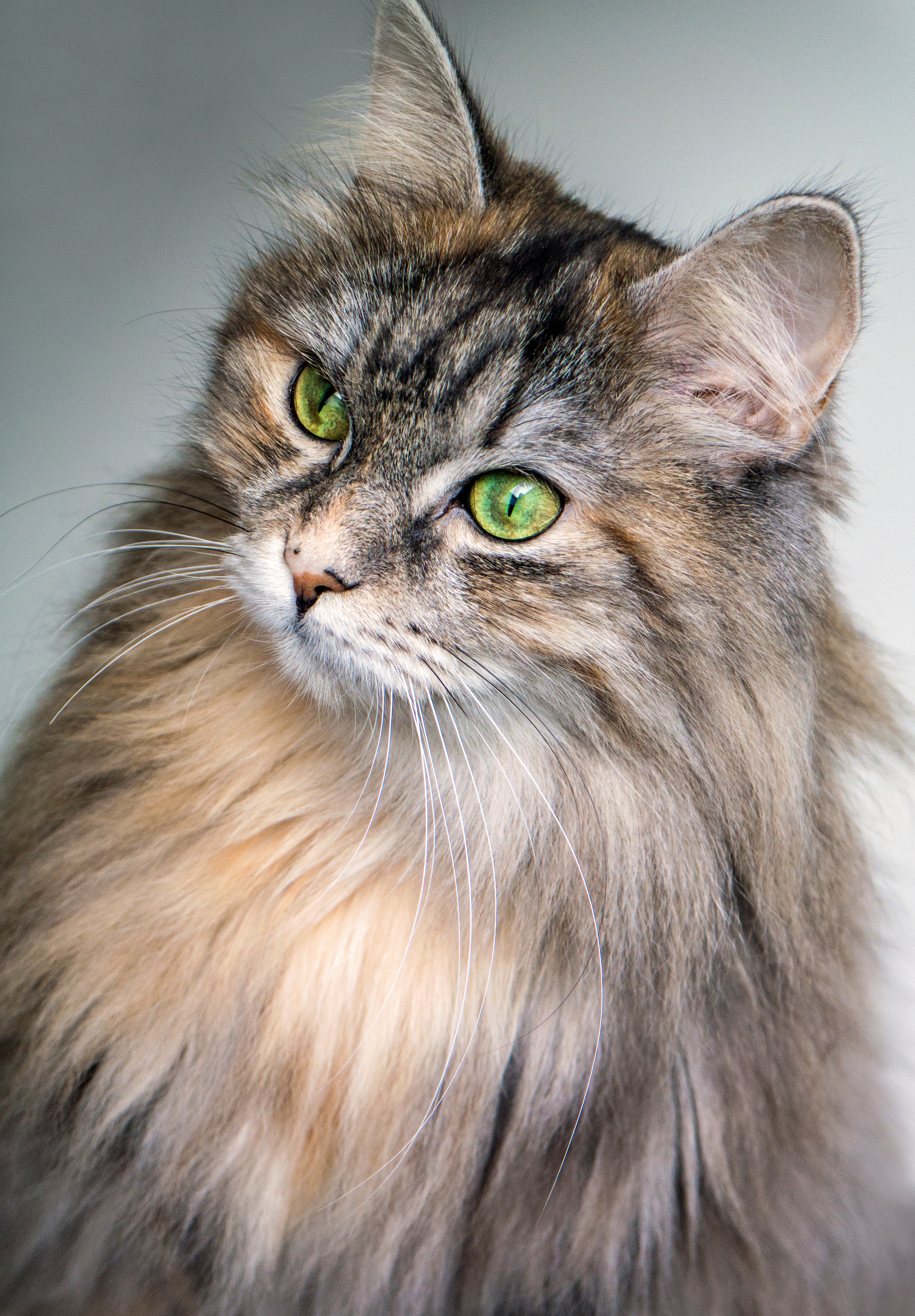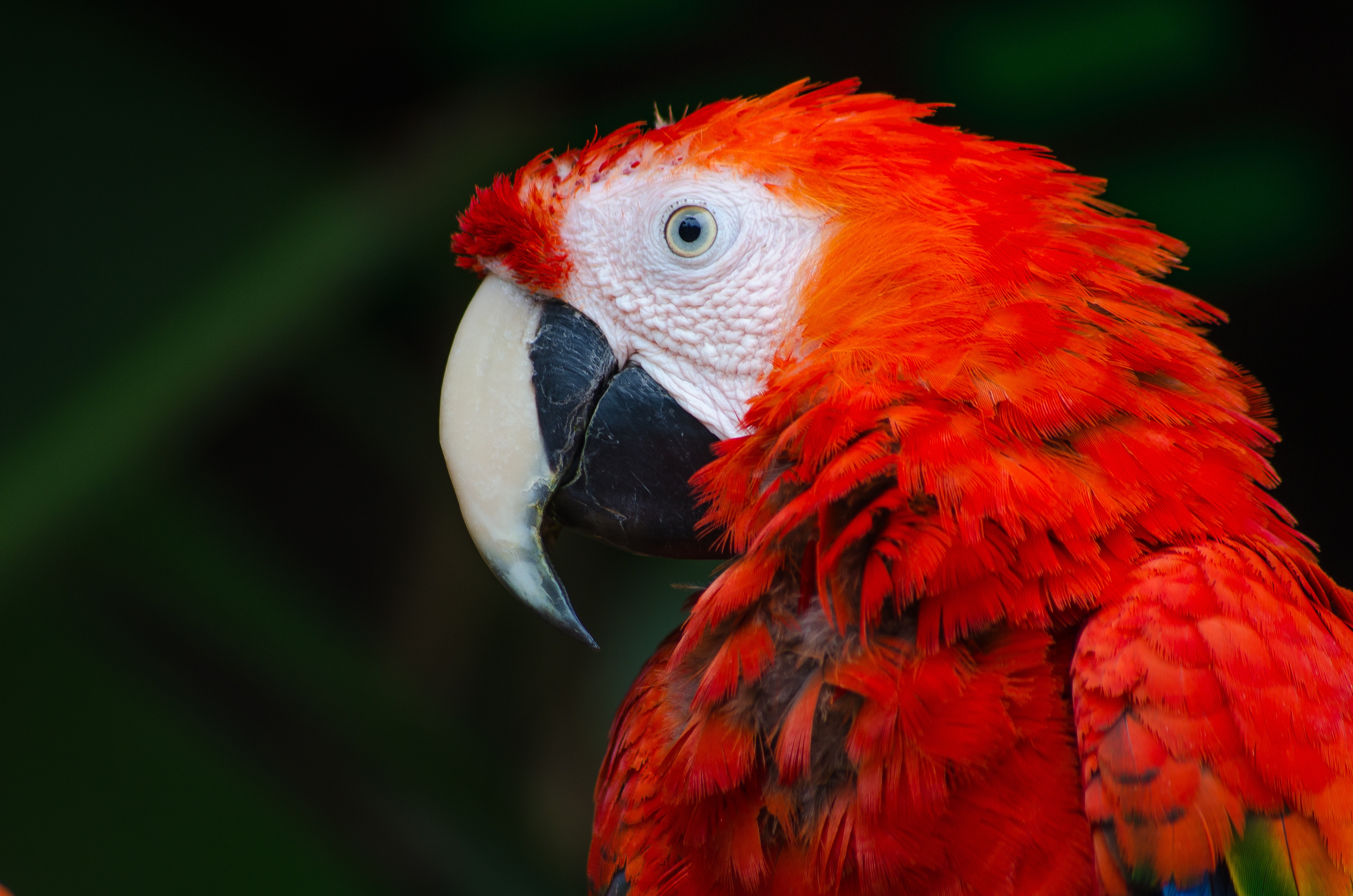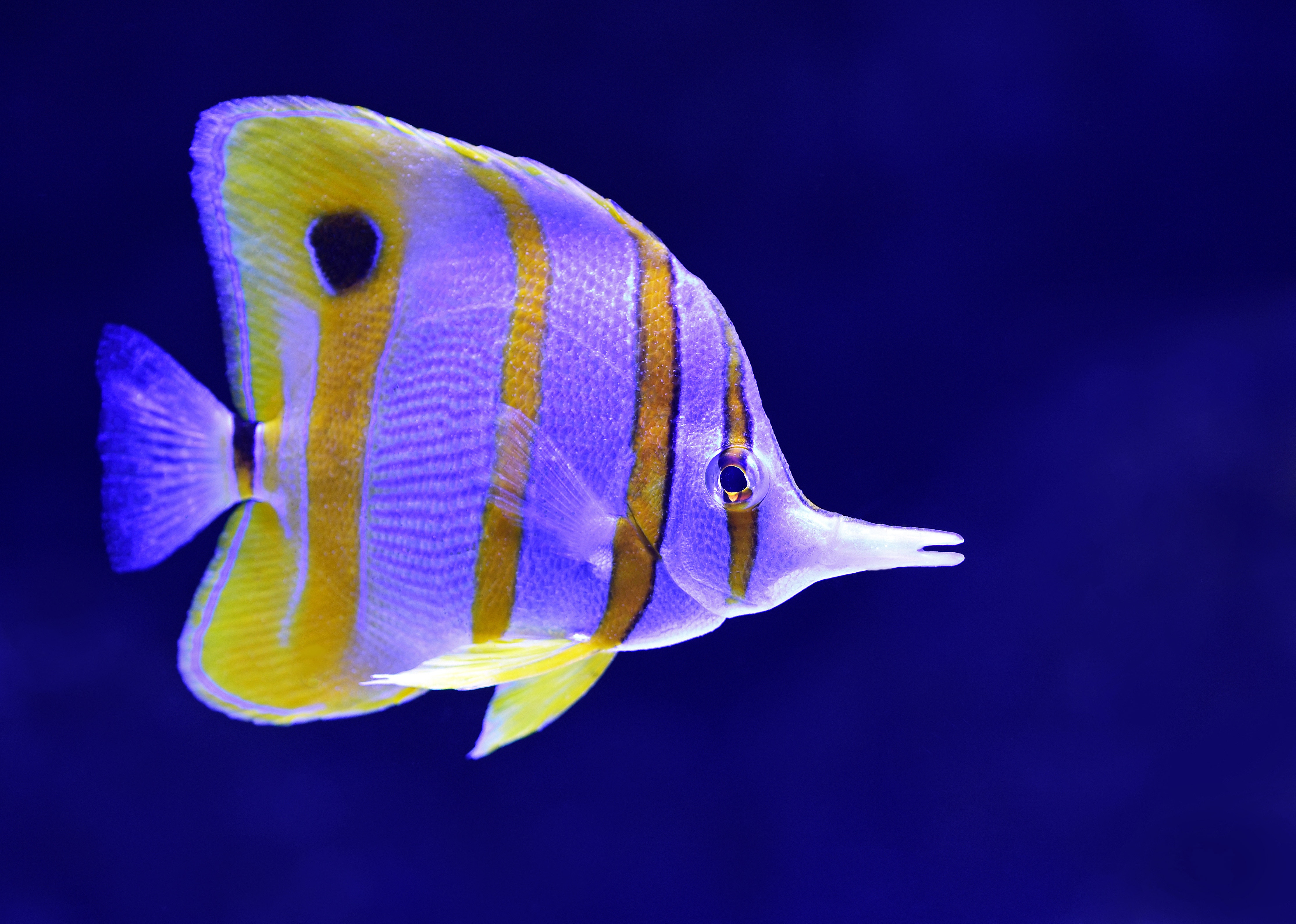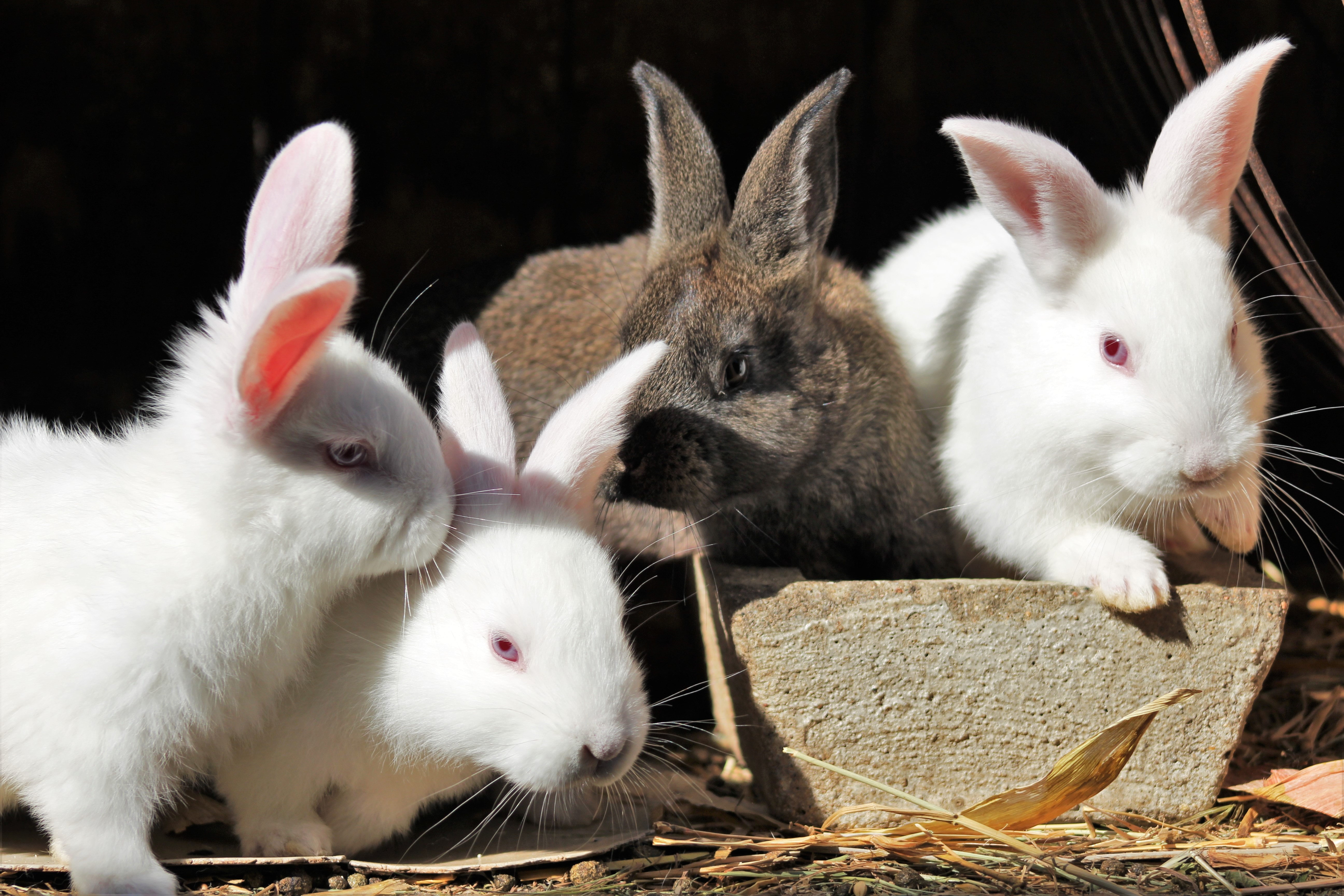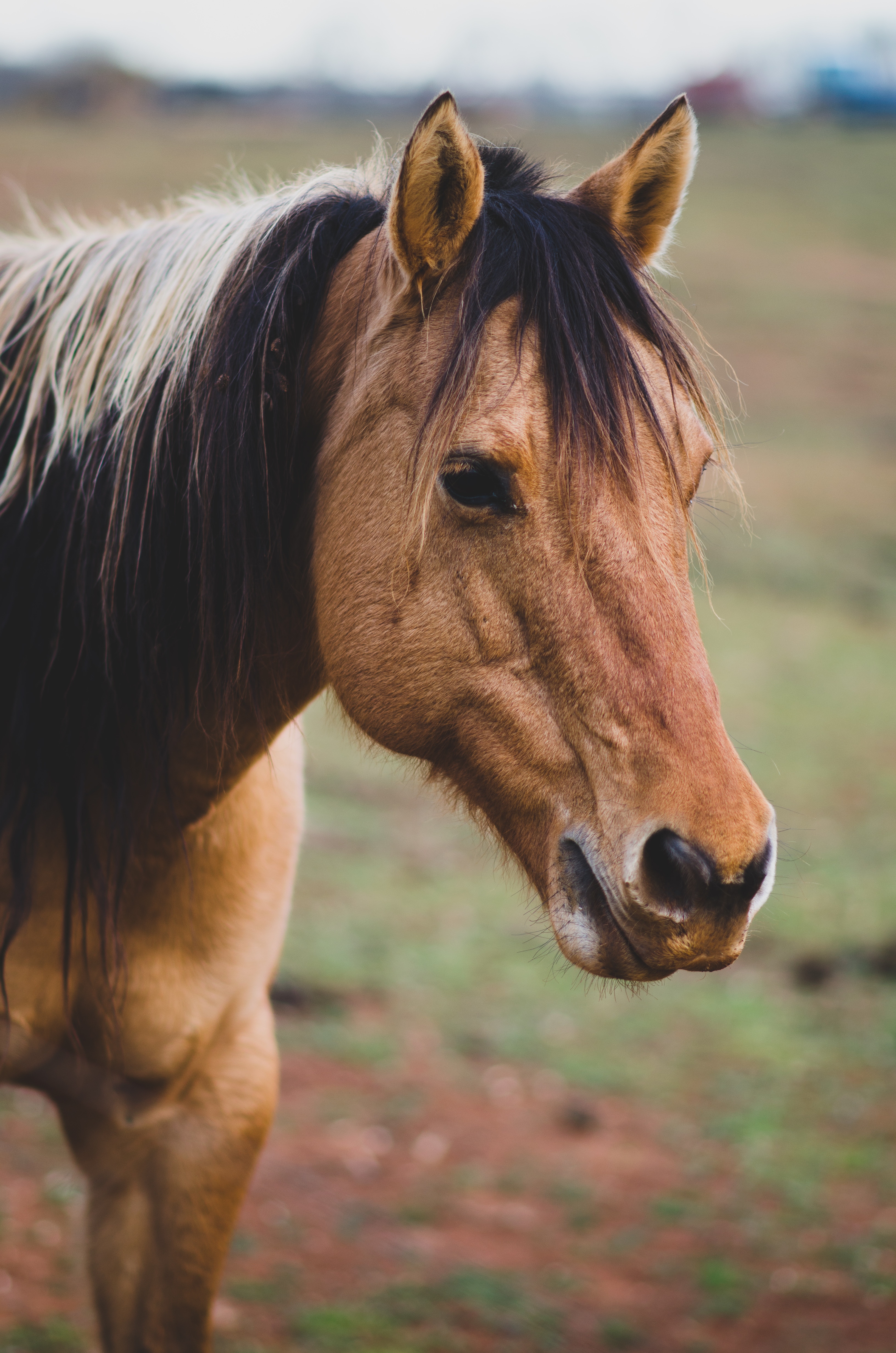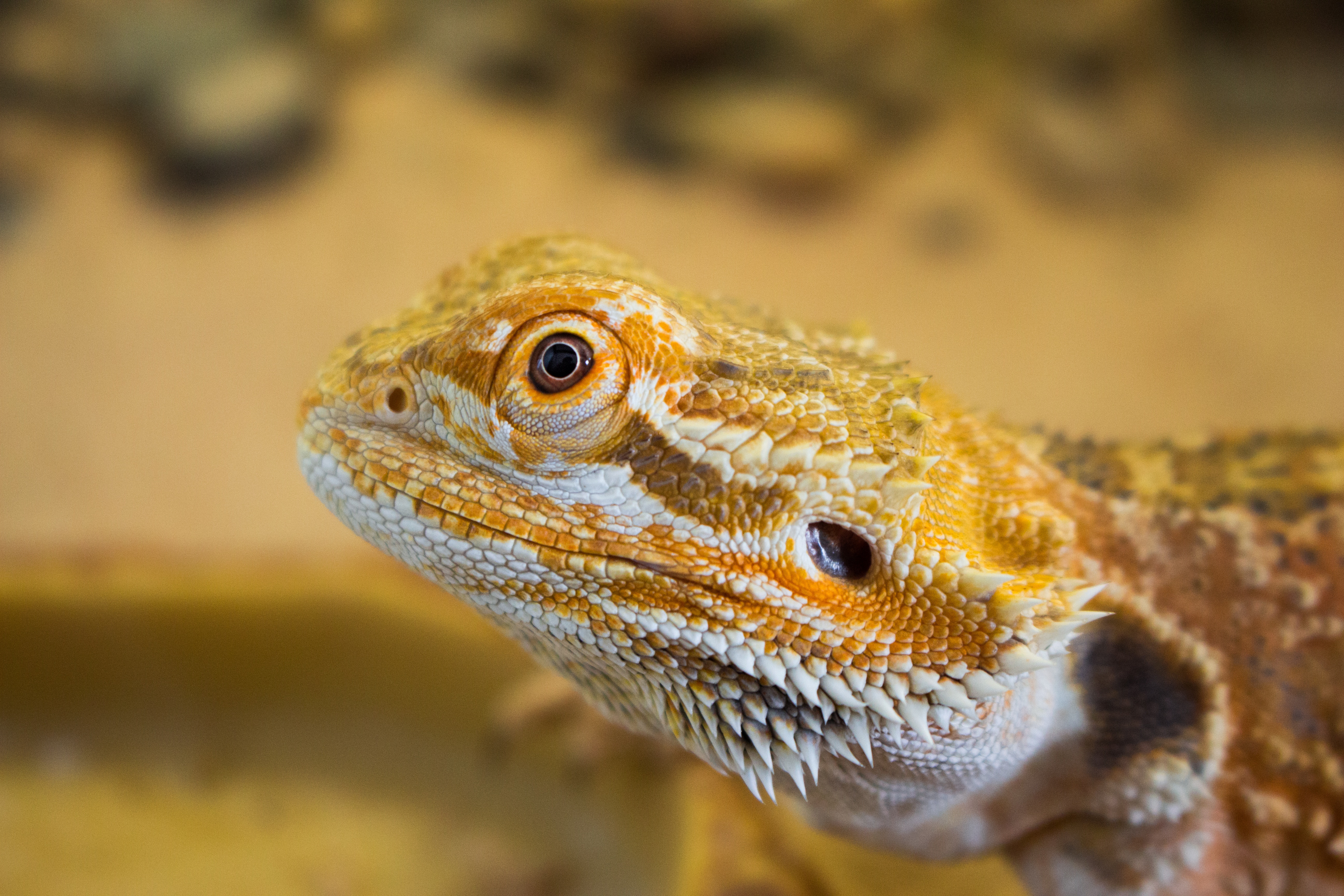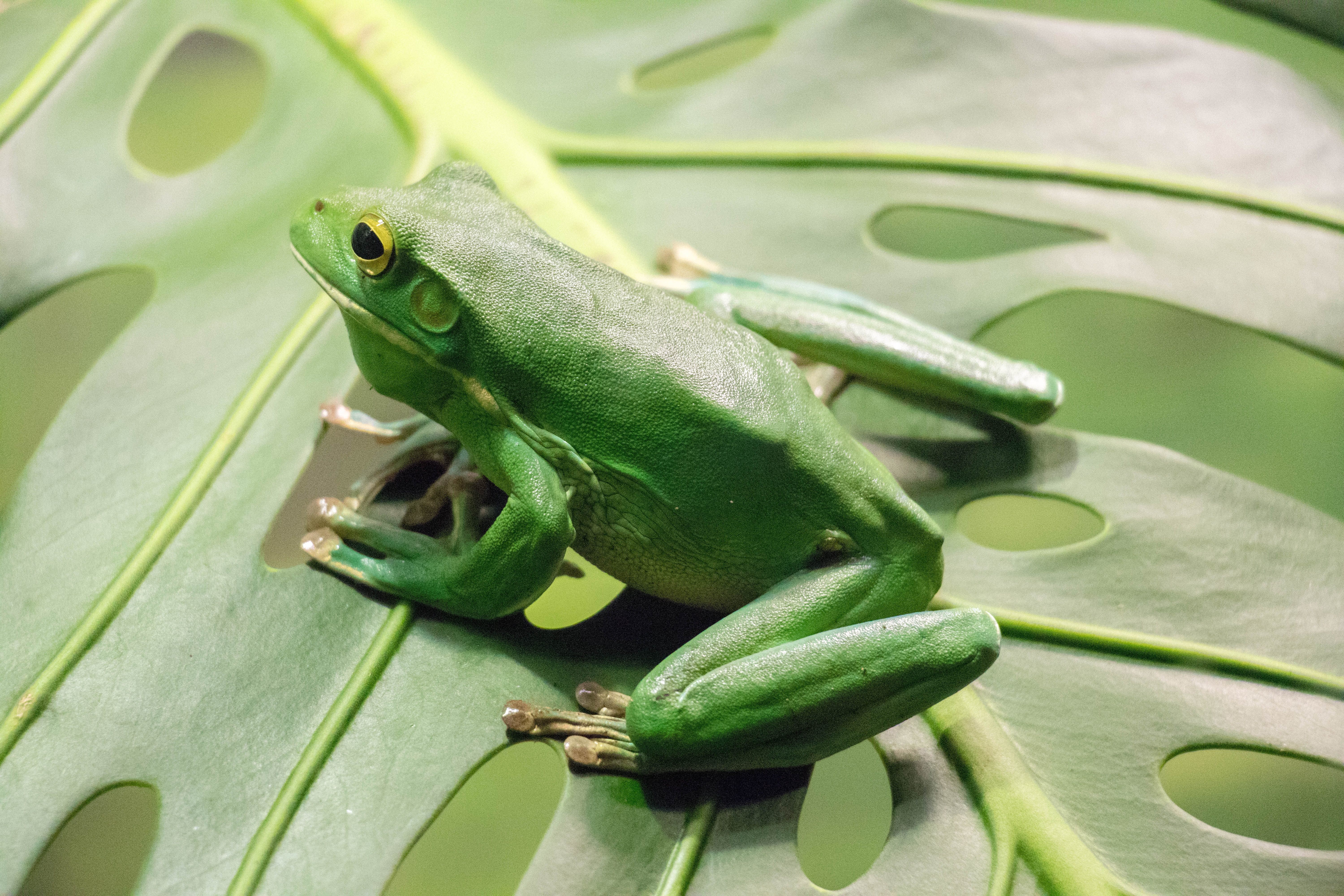Environment
A suitable living environment
Diet
A suitable diet
Behaviour
To be able to behave normally
Companionship
To have appropriate companionship
Health
To be protected from pain, suffering, injury and disease
1
Environment
A suitable living environment
2
Diet
A suitable diet
3
Behaviour
To be able to behave normally
4
Companionship
To have appropriate companionship
5
Health
To be protected from pain, suffering, injury and disease
Mice need to be housed in a large cage filled with suitable enrichment to keep them interested and active. They need lots of space to be able to perform their natural behaviours such as climbing, exploring, digging and playing.
Avoid using sawdust, wood shavings or aspen bedding to cover the base of the cage as this can cause breathing problems. There are many safe alternatives including cross shredded paper or card cubes, as well as non-aspen wood chips, cellulose-based chips or shredded filter paper. Enrichment such as hammocks, rope ladders, tunnels and hides are perfect, change it up regularly to keep the mice interested and active.
Provide each of your mice with their own hiding place, ideally with some extra ones in the cage so they can choose which ones they use. Shelters should have two entrance/exit points.
Mice should be kept in a quiet area away from direct sunlight, radiators and other sources of heat. They are nocturnal meaning they are active at night and sleep during the day. They should not be housed somewhere which is too bright during the day. Also keep them away from high-pitched sounds or ultrasound.
Mice are omnivores and should be fed a quality well-balanced diet. If you are unsure about what to feed your mice speak with your vet or click on the charity links at the bottom of this page for more advice about providing your mice with a healthy diet.
Mice are very busy little creatures. They are always investigating, foraging for food and searching out cosy bedding materials. Mice tend to have several power naps throughout the day and night. Some can be slightly slower and enjoy being handled if they are used to being gently and carefully handled, whereas others are not keen and care needs to be taken to avoid them escaping or being dropped. If your mice don’t like being handled, you should build any interactions with them up gently and slowly, so they become less stressed when handled.
As mice are nocturnal, sleeping during the day and being active in the evenings and overnight. It is best to interact with them during times when they are naturally awake. This could include socialising with them and playing.
Provide your mice with lots of safe bedding materials as they enjoy burrowing and making tunnels. Mice can also find open spaces stressful so make sure they have lots of things like shelves and hiding places within their cage to help them move around more confidently.
Mice are very social animals. Naturally they will live and socialise in large groups. A single mouse is likely to be less happy than one living with a well-matched companion mouse. They should be housed in minimum of a pair but are often most content in small groups. They can be housed in same sex pairs or groups. If the accommodation is too small and enrichment limited, males can argue so this should be monitored when taking on a pair/group of males. Many rescues offer a mixing service for single mice looking for a new companion. The following PAAG members often rescue and rehome mice: Wood Green the animal's charity, RSPCA, Scottish SPCA, Raystede, and the Blue Cross.
Mice sadly have a relatively short life expectancy and can be prone to several common illnesses which can reduce life expectancy. When choosing pet mice, it is wise to purchase from either a reputable rescue or breeder who can either offer full vet history or the reassurance of being bred with great care towards health. Always take the time to handle them first, lookout for signs of laboured breathing or a thin body appearance that may indicate poor health. The most common illnesses mice suffer from are tumours which can be cancerous. Breathing problems are also a common cause for reduced life expectancy, signs of this include laboured, heavy breathing, hunched back and concaved chest.
You should register your mice with a vet who will be able to provide you with more advice on things like general health care. Some vets have more experience with mice than others.
Check before you buy
Please consider contacting your local animal rescue/rehoming centre
Many rescue centres who take in multi species rescue and rehome mice. All reputable rescue centres will have health checked, neutered where required and socialised each mouse prior to rehoming. The average fee is often the same as purchasing a mouse from another source, except mice from elsewhere will often not have had the above done and may come with considerable financial and emotional implications. Check out the charity links below for your nearest rescue centre with mice available for rehoming.
Ensure you are 100% confident that the mice are the correct gender that you have been advised them to be
If you are unsure, speak to your vet for further advice. Unexpected litters & accidental pregnancies are common with small pets as people don’t always ensure the sex of their new pets.
Spend plenty of time with the mice to ensure their character will suit your family
Ask lots of questions – reputable establishments will be happy to answer these for you.
Always health check any mice you intend to purchase prior to taking them home
Healthy mice should be:
- Alert & inquisitive
- Moving about without signs of discomfort
- Healthy looking coat with no hair loss
- Eyes bright
- Ears clear
- Clean nose
- No injuries on their body
- Eating well without signs of discomfort
- Healthy body shape with a normal breathing appearance
Common Scams
Ensure that the mice you have chosen are the gender you expect them to be as unplanned litters are common

